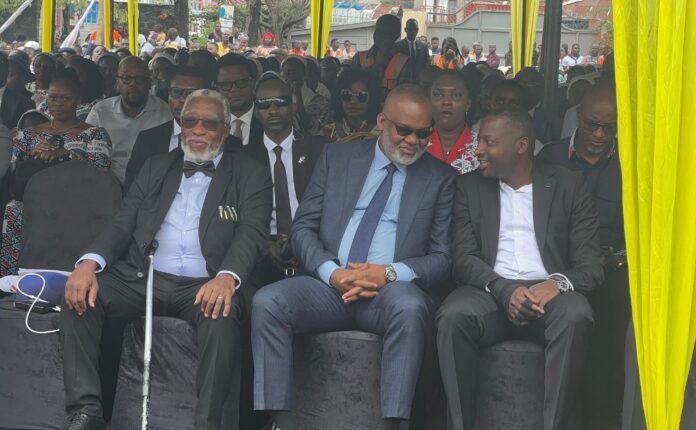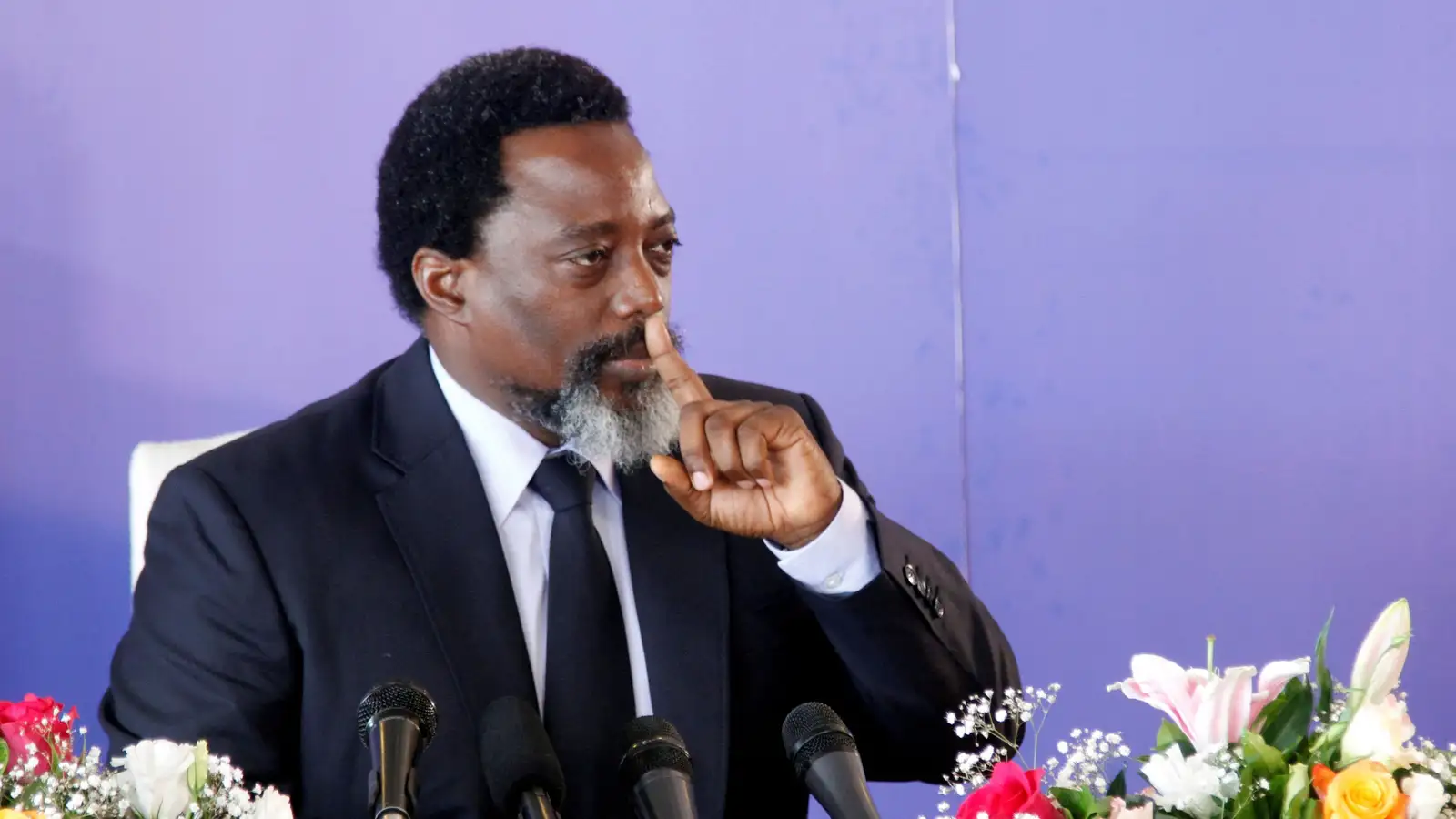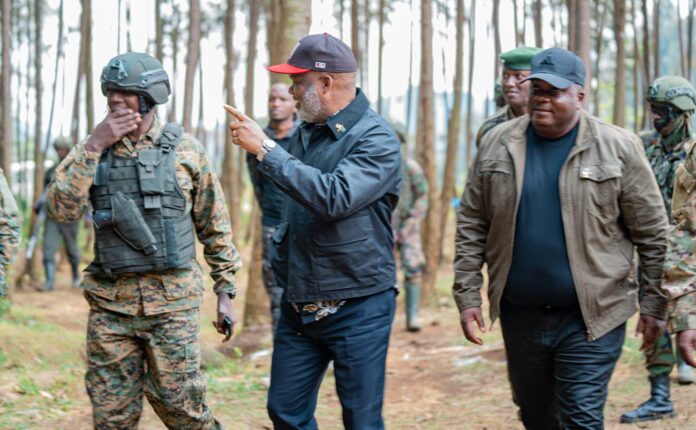South Kivu has once again descended into horror. Between May 23 and May 29, 2025, a series of brutal attacks struck areas inhabited primarily by the Banyamulenge, a long-marginalized community now facing the threat of extermination. The violence, reported across the high plateaus of Fizi, Uvira, and Mwenga, is the result of a deadly alliance involving armed militias, government forces, and foreign troops.
Note: Company, Blog, Church websites are free.
Eyewitnesses and field sources report coordinated military operations involving the FDLR a Rwandan rebel group implicated in the 1994 genocide, the Congolese army (FARDC), Burundian military units, and local militias known as Wazalendo.
In Rugezi, civilians were massacred during a joint assault by the FDLR and Burundian soldiers, who entered from Kizura and Rulenge. Villages were reportedly razed, and mass displacement ensued.
In Mikenke and Kalingi, heavily armed Wazalendo militias launched targeted attacks, destroying key community infrastructure, including schools, water points, and health centers.
Further south, in Bijabo and Bibokoboko, a new joint operation between Burundian forces and Wazalendo fighters drove residents into the hills, triggering yet another wave of internal displacement.
Though Kinshasa presents these operations as internal security efforts, many analysts see them as a thinly veiled campaign of ethnic cleansing. The Banyamulenge are being targeted, isolated, and displaced with impunity.
Independent observers on the ground have described the violence as “a deliberate terror strategy” aimed at permanently expelling the Banyamulenge from the highlands. A woman who fled Bibokoboko testified, “They were burning our homes, saying we didn’t belong here. Even children weren’t spared.”
Kinshasa’s silence, along with the direct involvement of some FARDC units in the violence, raises serious questions. How could such well-coordinated attacks take place without at least tacit approval from the authorities?
While the Congolese government continues to demonize the M23 movement as the sole threat to peace in the east, it conveniently ignores other violent actors including those within its own ranks. This double standard only deepens mistrust and perpetuates regional instability.
As local NGOs sound the alarm, major international institutions remain paralyzed or indifferent. Pleas for help from the Banyamulenge have gone unanswered.
One community leader summed up the prevailing sentiment: “They want to wipe us out. The world’s silence is a form of complicity.”
The fate of the Banyamulenge can no longer be ignored. At a time when the international community claims to uphold universal human rights, it cannot turn a blind eye to a silent genocide unfolding, day by day, in the mountains of South Kivu.



